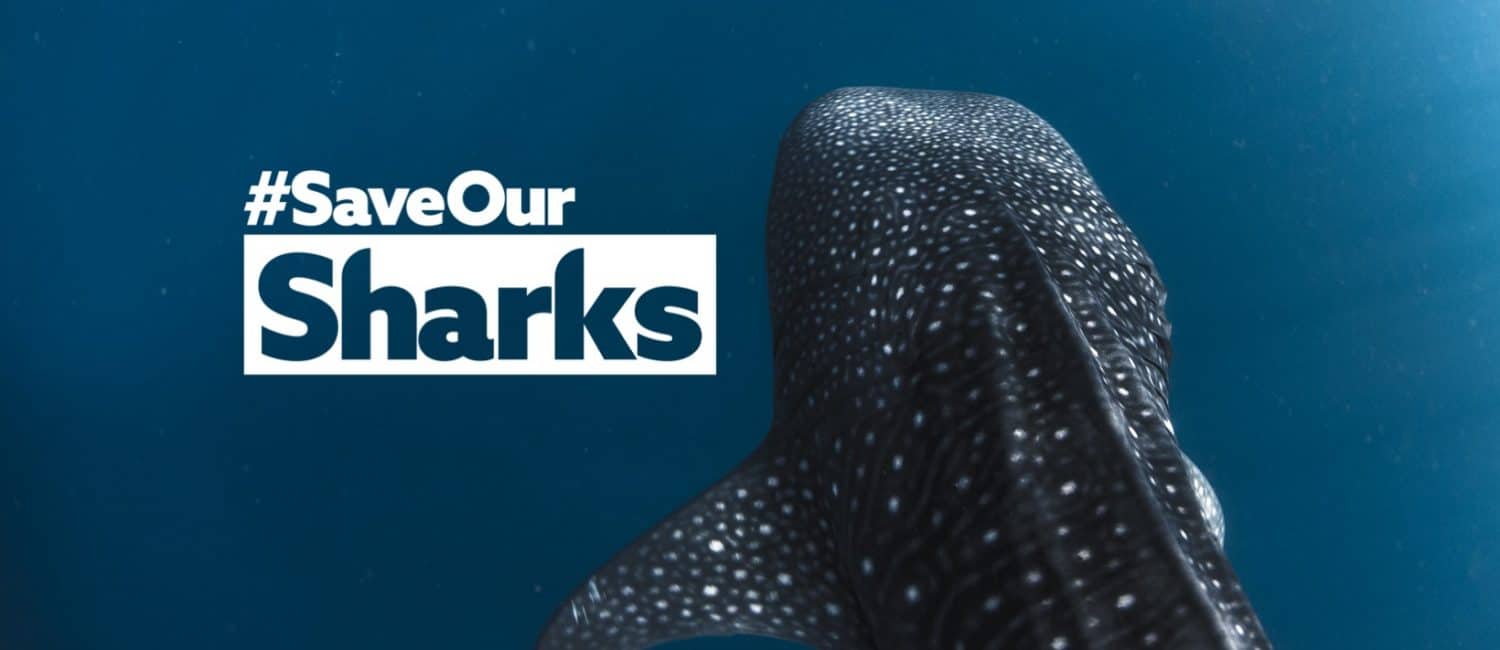Many sharks are highly migratory, often traversing immense distances of the global ocean, including the high seas and national waters. Ten years ago, sharks had few protections and little management in the face of threats—including targeted fishing to incidental catch—everywhere they traveled. But in 2009, Palau designated the world’s first shark sanctuary, starting a wave of conservation that has since grown to 17 sanctuaries, in which The Maldives is the only shark sanctuary in the Indian Ocean, making the island nation a global leaders in shark conservation.
A shark sanctuary is more than a place; it can also be a set of fisheries regulations and a useful tool for any coastal or island government seeking to reduce shark mortality in its waters. Sanctuaries typically prohibit the commercial fishing of all sharks, the retention of any caught as bycatch, and the possession, trade, and sale of sharks and shark products within the country’s exclusive economic zone (EEZ). Some also ban fishing gear typically used to target sharks. Because of the role that sharks play in maintaining ocean health, protecting the species with sanctuaries provides ecosystem, environmental, cultural, and economic benefits.
Prior to 2009, the Government of Maldives imposed various management measures to reduce the conflicts created from shark fishing. But shark declines continued to hurt pole-and-line tuna fisheries and dive tourism. That led the government to issue a complete ban on all types of shark fishing in the EEZ, in 2010. In the following years fishermen and divers reported increase in shark numbers in The Maldives. However, the available research does not confirm the shark population in The Maldives have fully recovered.
Importance of Sharks to the Ecosystem
Sharks play a crucial role in the marine ecosystem, as they are one of the ocean’s apex predators, and keep the numbers of fish lower in the food chain in check. If sharks were removed from the chain, the smaller species would flourish and overfeed on their prey. This would lead to an upset in the reef and coral ecosystems, as the herbivores that are supposed to keep algae growth in check will also be absent. In an algae-dominant ecosystem, the coral reefs can’t compete and will cease to survive. Hence it is important protect sharks to maintain these types of negative environmental changes.
Sharks are also great indicator of the ocean’s general health. Usually, if sharks disappear from their usual environment, it indicates that something is out of balance or wrong in that ecosystem. Their disappearance from a certain place is usually an indication of that habitat being destroyed or there is a decrease in prey and healthy reefs. Without them, we’re not able to see these ecosystem problems as easily.
Research has shown that sharks fishing is very unsustainable as it naturally have a low reproductive rates making it difficult for the animals to come back from population declines. Without proper regulation and enforcement, the future of many shark species is bleak. Globally, sharks are facing a 71% decline in abundance and three quarters of its species are threatened of extinction. The Maldives is a haven and sanctuary for more than 30 species of sharks, proving shark protection in the country essential for survival of these creatures.
Sharks Tourism in Maldives
Shark diving is a fast-growing tourism industry that is recognised as providing important economic and social benefits. In case of The Maldives, the country’s majority of the economy depend on the tourism and in which Diving and snorkelling are the most popular activities of tourists in the Maldives.
A Research conducted in 2018, suggests that increasing shark abundance can increase dive trip demand by 15% and increase the CS of dive tourists to over US$ 439 million compared to the status quo situation of US$380 million. Moreover, higher shark abundance can generate economic gains of overUS$6 million for the local dive tourism industry and of almost US$24million for the broader local tourism industry.
Furthermore a research conducted 2019, estimated direct business revenue from shark divers to be US$14.4 million and the revenues to local businesses associated with travel expenses of shark divers were estimated to be US$51.4 million. Further economic benefits from shark-diving occurred in form of annual business tax revenues of US$7.2 million and annual salaries to employees working in the diving industry of US$4.1 million. The results of the study indicated that the business revenues of this industry have almost doubled (when inflation adjusted) over the last 24 years confirming its economic growth and importance for the Maldives.
A report submitted to the Indian Ocean Tuna Commission (IOTC) by the Ministry of Fisheries and Agriculture in 2011 compared historical income from shark diving and fishing in the early 90s, when the Maldives shark fishery was at its height. Divers spent around US$2.3 million to watch sharks in contrast to $0.7 million generated from all shark product exports. It is highly likely that a re-opening of the shark fishery would not generate an amount similar to the 90s with the associated decline in shark and ray products globally, with an increased numbers of shark species under trade and fishery restrictions at Convention International Trade Endangered Species (CITES) and at IOTC.




